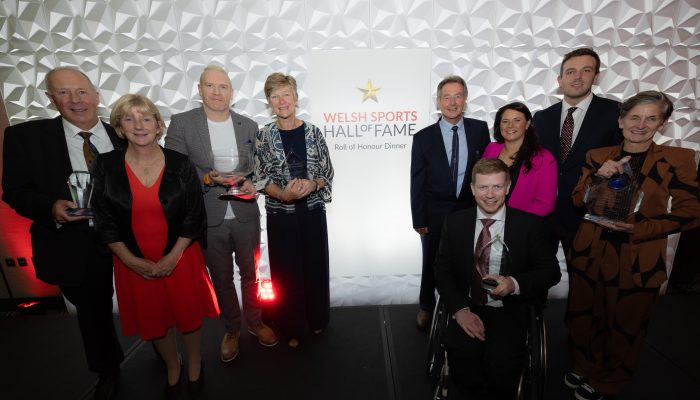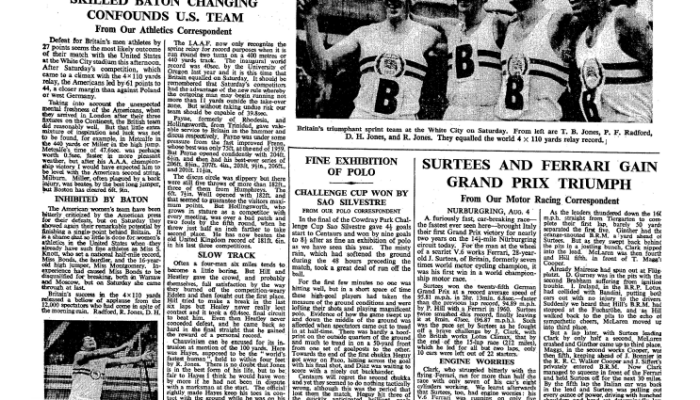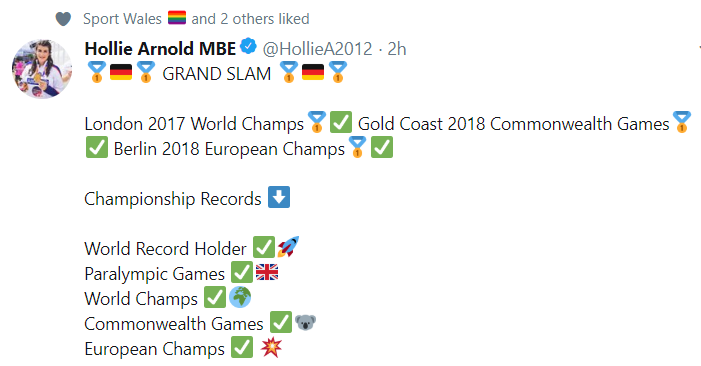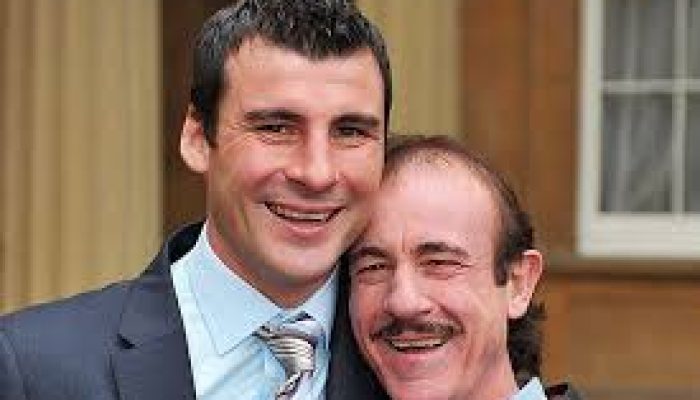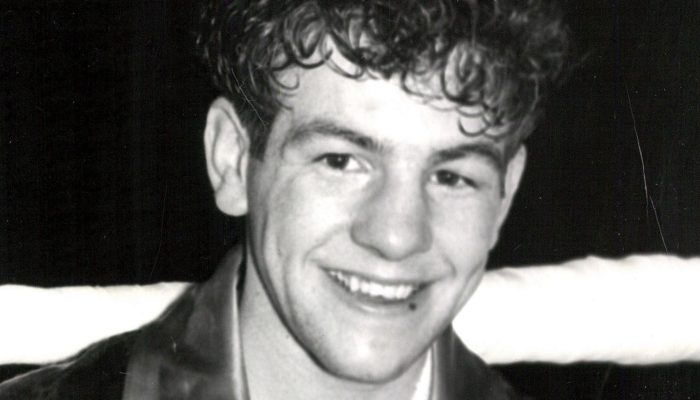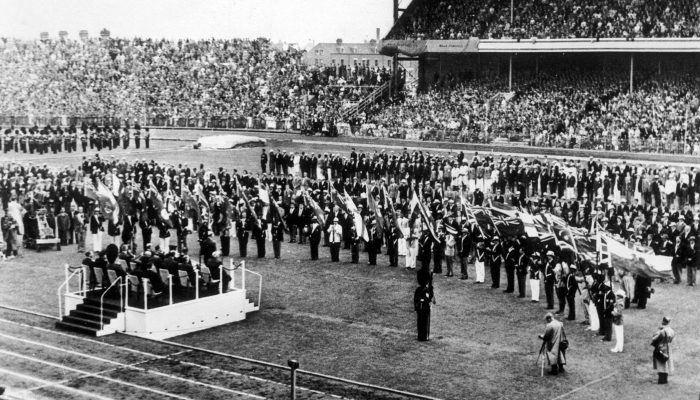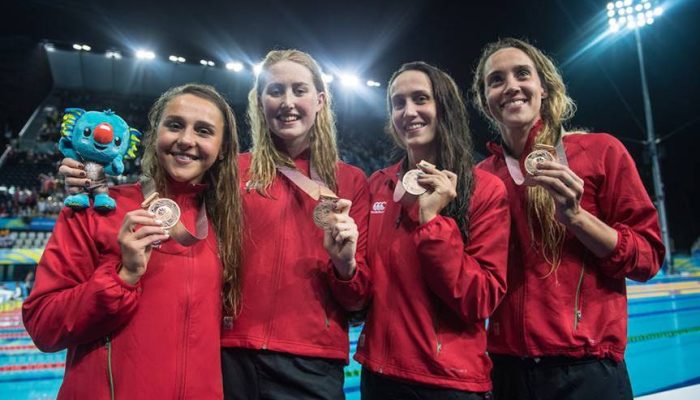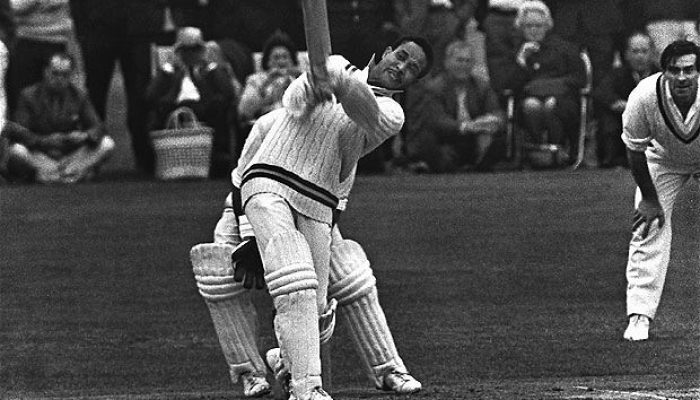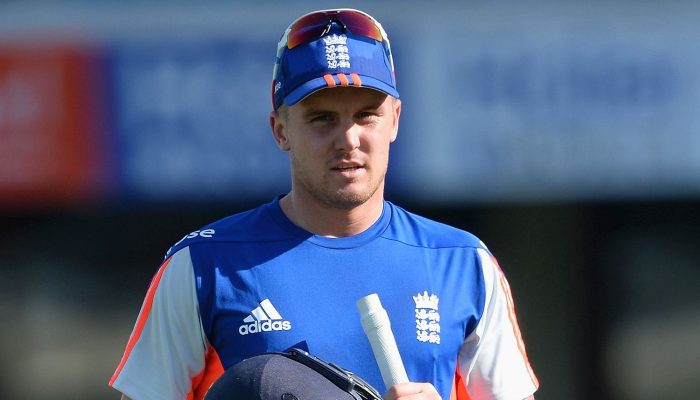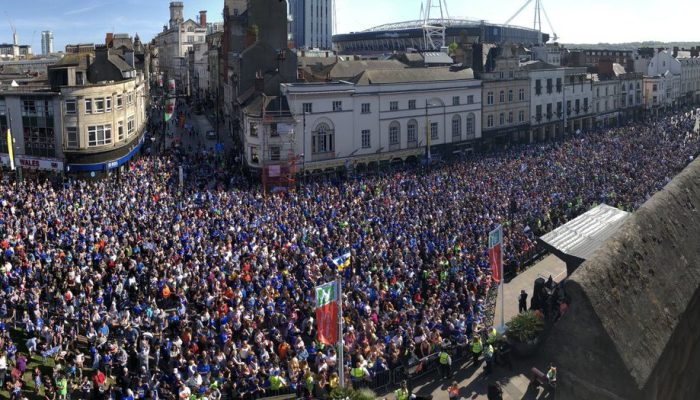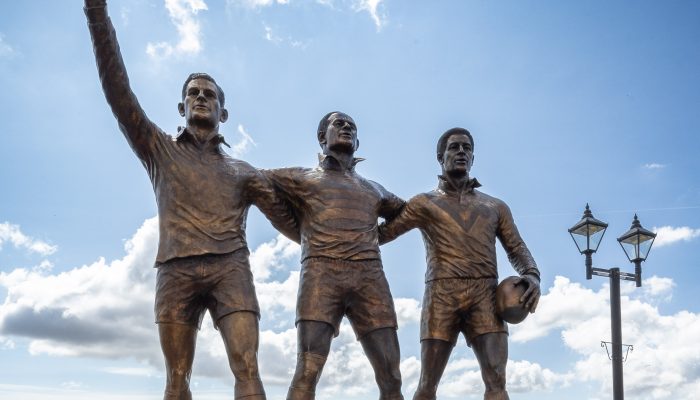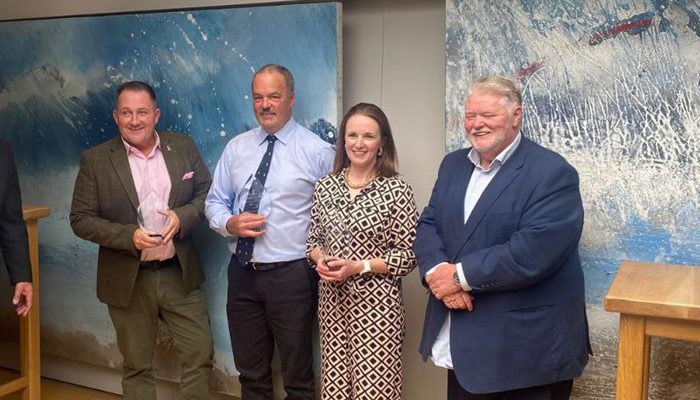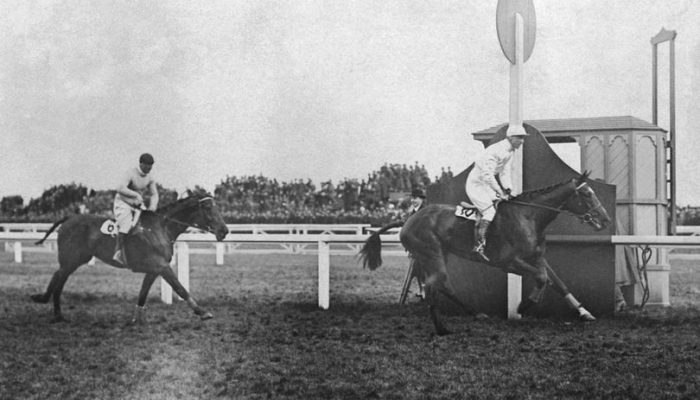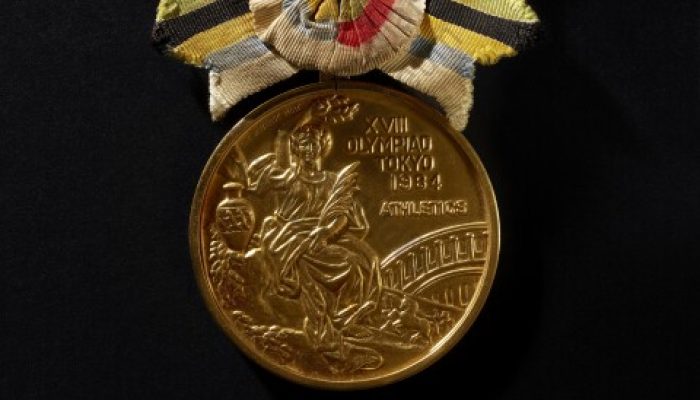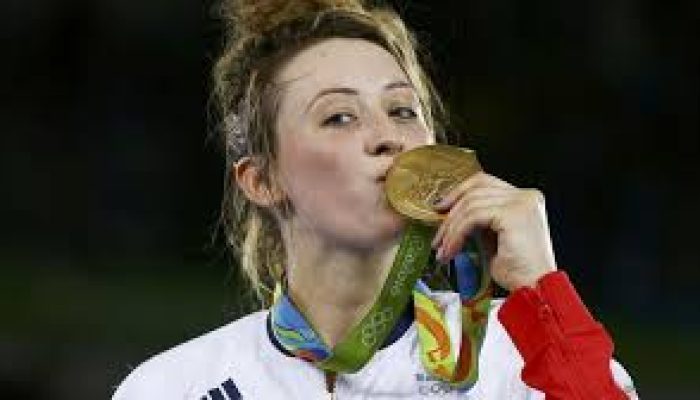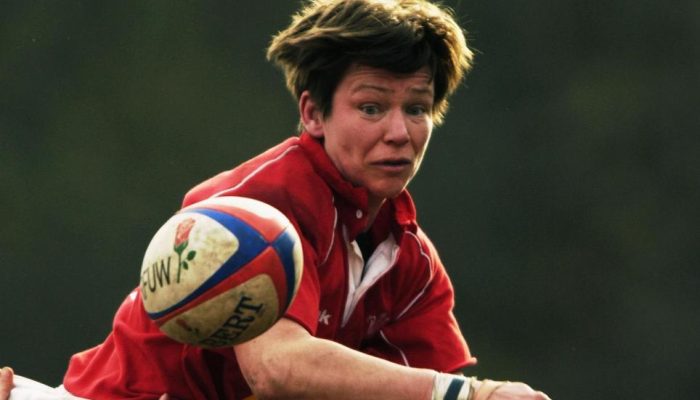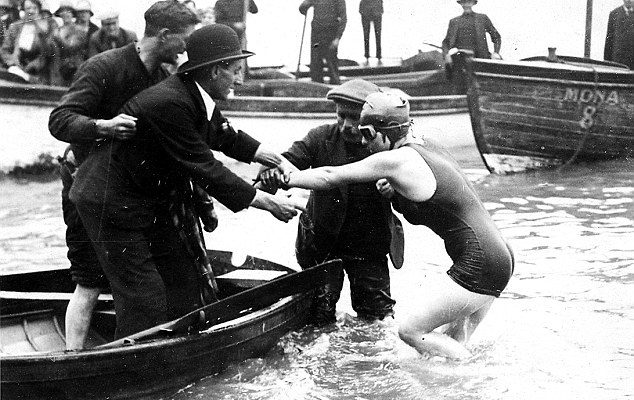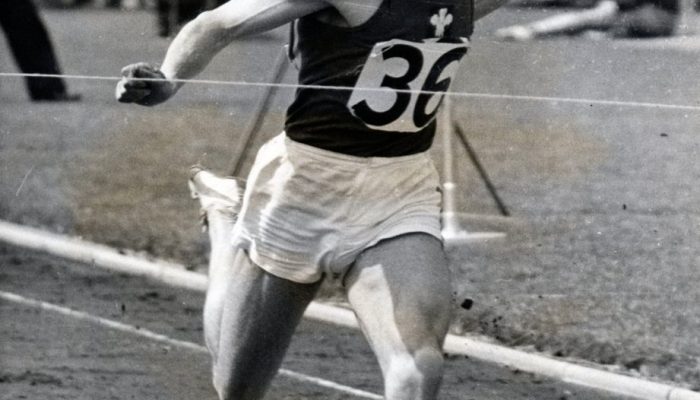
Nick Whitehead
North Wales is renowned for producing great soccer players, but in Nick Whitehead it not only produced a great athlete, but also one of the most influential administrators of his era and a champion of sport for the disabled. On the track, Whitehead was good enough to win medals at both the Olympic and Commonwealth Games, and was a central figure during one of the golden eras for British sprinting in the late Fifties and Sixties.
Yet as a schoolboy he had been excused PE and games because of an asthmatic condition. Whitehead, the son of a coal miner, was born in Brymbo, Denbighshire, in 1933, and was educated at Grove Park Grammar School in Wrexham. It was not until his National Service in the Middle East, where he was forced to play rugby, that he learned he could run – and run very well.
A member of the Royal Engineers, he became both the Army and the Inter-Services sprint champion in the Middle East. After that he became sprint champion and record holder at Loughborough College, took the British Universities title and quickly developed into one of Britain’s leading sprinters.
Although he had started to train as a quantity surveyor, he quickly diverted to education and moved from being a school teacher to a lecturer in Physical Education. He taught at Hertford and Birmingham, became Head of Department at Leeds Polytechnic and also lectured at St John’s College, York. He contested 10 Welsh sprint finals, winning three titles each at 100 and 220 yards, and was a silver medallist on his other four outings. In 1958, he notched championship records of 9.7 and 22.1 sec.
His sprint battles with fellow British internationals Ron and Berwyn Jones became focal points of the Welsh Championships and he joined the Joneses and Dave England in winning a bronze medal for Wales in the sprint relay at the 1962 Commonwealth Games in Perth, Australia, where he was the Welsh athletics team captain, in a record 40.8 sec.
In all, he broke or equalled the Welsh 100 yards record on seven occasions and retired with all-time bests of 9.7 and 21.6 sec. He also competed at the 1958 Commonwealth Games held in Cardiff. His finest moment on the track came at the 1960 Rome Olympics when he was part of the Great Britain team that was elevated into the bronze medal position in the sprint relay after the USA were disqualified. With Peter Radford, David Jones and Dave Segal, he helped the British side finish in 40.2 sec and he became only the seventh Welsh athlete to win an Olympic medal.
After retiring from competitive athletics, Whitehead passed on his fitness and conditioning expertise and experience to Don Revie’s great Leeds United side of the Sixties and Seventies. He worked with them from 1969-72 and also assisted Middlesbrough and Sheffield Wednesday.
The author of Soccer Training: games, drills and fitness practices (1988), Whitehead lectured on fitness for soccer at Lilleshall and Bisham Abbey. He also worked as a fitness adviser to the rugby league sides Wakefield Trinity and Halifax. But he never forgot his roots in athletics and he quickly became a central figure in the British success at the 1980 and 1984 Olympics and the inaugural World Championships in 1983, working with athletes like Allan Wells, Seb Coe, Daley Thompson, Steve Ovett and Tessa Sanderson.
Whitehead had become the team manager of the Great Britain athletics team in 1978 and brought in two Olympic legends, his fellow Welshman Lynn Davies and Northern Ireland’s Mary Peters, to assist him. It was a master stroke and the British team was led into a golden era. A meticulous and scrupulously fair man, Whitehead provided the organisational structure and discipline, while Davies and Peters acted as inspirational characters.
Whitehead’s influence on UK sport increased when he became the first director of the National Coaching Foundation in 1983. He returned “home” to Wales in the late Eighties to become deputy director of the Sports Council for Wales and in 1984 was appointed OBE for his services to sport.
Whitehead was also a champion of the anti-doping and disabled sport causes and wielded huge power and influence in those areas. He was the founder chairman, and later president, of both the Federation of the Sports Assocations for the Disabled and the British Paraplegic Athletics Association.
He was a member of the first UK dope testing group in 1977, was a member of the Sports Council UK anti-doping committee and was the man who introduced dope testing to sport in Wales. Invariably he was to be found among the panellists on many of the high profile drugs cases heard by the governing bodies of UK athletics.
The author or co-author of 14 books and more than 30 research articles, he became of Fellow of both the University of Wales Institute, Cardiff, and the University of North Wales.
Neville Joseph Whitehead (Athlete and sports administrator) Born in Brymbo, Denbighshire 29 May 1933; OBE 1984; married (one son, two daughters); Died in Newport, Pembrokeshire on 7 October, 2002

